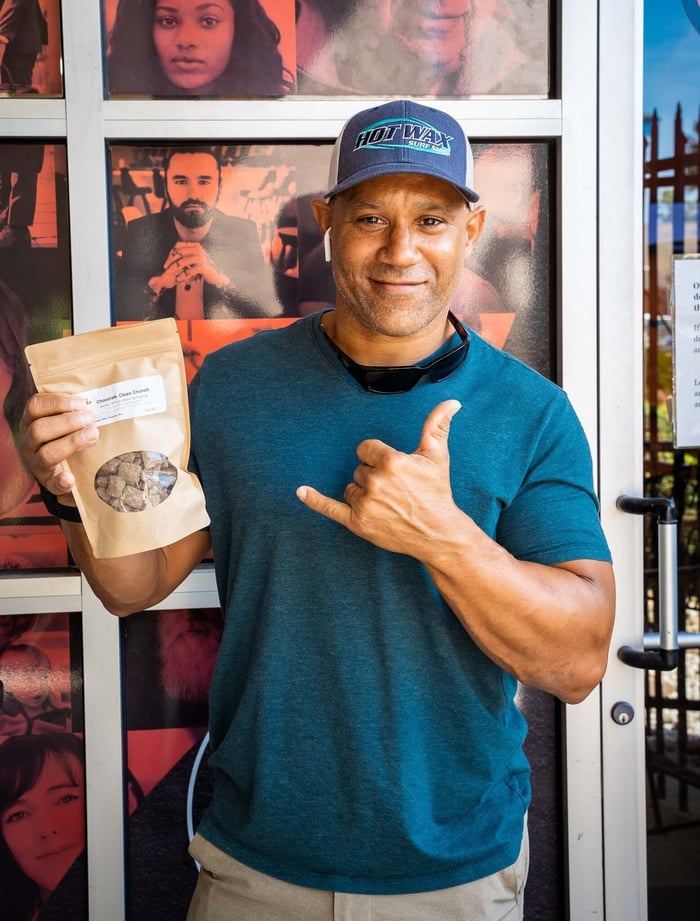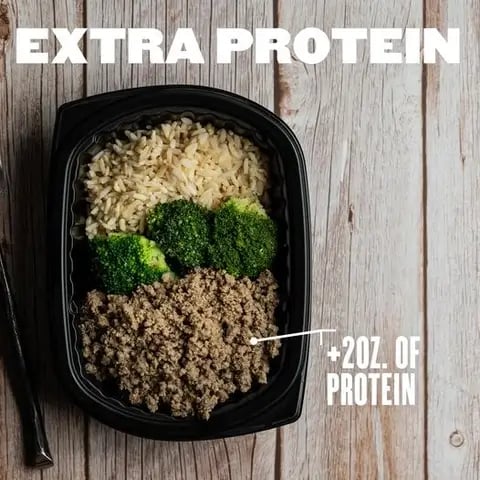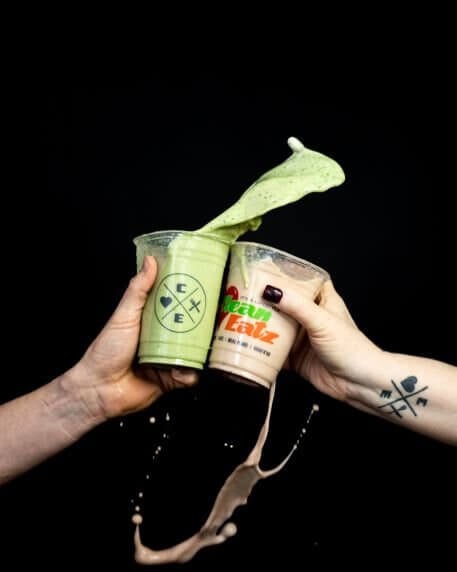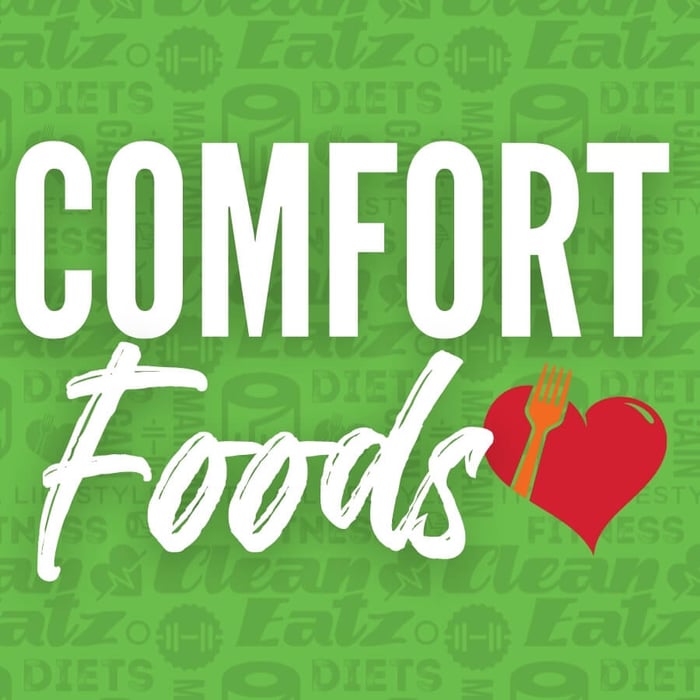Last updated: September 22, 2025
How Many Calories Should I Eat as I Get Older?
Answer: Most people need slightly fewer calories with age because daily movement and lean muscle tend to drop—but we usually need more protein per meal, steady fiber, and better hydration to protect muscle, joints, and energy. Set calories with our Calorie Calculator, then anchor every meal with protein.
- Calories: Recheck yearly. If activity/muscle fall, maintenance often declines.
- Protein: Aim ~0.8–1.0 g per lb/day, split 25–40 g per meal.
- Fiber: Target 25–35 g/day from fruit, veg, beans, oats.
- Hydration: Drink regularly; add electrolytes in heat or long sessions.
- Strength: 2–4 days/week to maintain or grow lean mass.
How Do Calorie Needs Change After 40, 50, 60?
Maintenance calories are driven by body size, muscle mass, and activity. Because many people move less and lose muscle with age, maintenance can drift down. That doesn’t mean you must “eat tiny”—it means you should recalculate and match intake to your real lifestyle.
- Find current maintenance with the Calorie Calculator.
- If your goal is fat loss, choose a modest deficit (≈300–500 kcal/day).
- If your goal is strength/energy, eat at maintenance and focus on protein + training.
Unintentional weight loss after 60 is a red flag—talk to your clinician. This article is general info, not medical advice.
How Much Protein Should Older Adults Eat?
As we age, we’re less sensitive to the muscle-building signal of protein and resistance training. Practical target: 0.8–1.0 g per lb/day, spread into 25–40 g/meal (hit at breakfast too). Use the Protein Calculator.
| Meal | Protein target | Easy options |
|---|---|---|
| Breakfast | 25–40 g | Greek yogurt + whey • eggs + egg whites • cottage cheese bowl • tofu scramble |
| Lunch | 30–40 g | Chicken/salmon salad • tuna & white-bean bowl • CEK High-Protein Box |
| Dinner | 30–45 g | Lean steak or tofu stir-fry • shrimp & veggie skillet • turkey chili |
| Snack | 15–25 g | Skyr • RTD shake • Protein powder smoothie • jerky + fruit |
What Should a Healthy Plate Look Like as We Age?
Use this plate builder at any calorie level:
| Component | Portion starter | Examples |
|---|---|---|
| Protein anchor | 4–6 oz cooked (25–40 g) | Fish, poultry, lean beef, tofu/tempeh, eggs, Greek yogurt |
| Veg volume | ½ plate | Leafy greens, broccoli/cauli, peppers, mushrooms, tomatoes |
| Smart carbs | ½–1 cup cooked | Oats, rice, potatoes, fruit, beans/lentils (beans guide) |
| Measured fats | 1–2 tsp oil or ¼ avocado | Olive oil, nuts/seeds, avocado, cheese |
Need easy starting points? See Healthy Dinner Recipes and Healthy Snacks.
Simple Sample Menus (1,600 & 2,000 kcal)
Scale portions up/down with the Meal Plan Generator. Both hit 100–150 g protein/day.
~1,600 kcal (higher protein, lighter portions)
- Breakfast: Greek yogurt (1 cup) + berries + ½ scoop whey
- Lunch: Tuna & white-bean salad + greens + olive oil/lemon
- Snack: Cottage cheese (¾ cup) + pineapple
- Dinner: Salmon (5 oz) + roasted broccoli + small potato
~2,000 kcal (active day)
- Breakfast: Eggs (2) + egg whites (3) + fruit + oats (½ cup dry)
- Lunch: Chicken burrito bowl (rice/beans/veg, salsa)
- Snack: Protein shake + apple
- Dinner: Lean steak or tofu stir-fry + rice + veggies
Training, Hydration & Key Nutrients
- Strength 2–4×/week: Squat/hinge/push/pull/carry. Start here: Restart plan or 5-day routine.
- Cardio 2–4×/week: Mostly easy Zone 2; try our treadmill or elliptical guides.
- Hydration: Sip through the day; consider electrolytes in heat or long sessions.
- Micronutrients: Get calcium + vitamin D (dairy or fortified milks; safe sunlight/supplement as advised). Eat omega-3 fish (see salmon).
Common Pitfalls and Easy Fixes
| Pitfall | Why it hurts | Easy fix |
|---|---|---|
| Undereating + low protein | Muscle loss, low energy | Use a modest deficit; hit 25–40 g protein each meal |
| Skipping breakfast protein | All-day hunger | Yogurt bowl, eggs + fruit, or a CEK entrée if rushed |
| Low movement | Maintenance drops further | 8–10k steps/day + short strength sessions |
| Dehydration | Cravings, fatigue | Keep a bottle handy; add light electrolytes when needed |
| “Healthy” sauces/oils overflow | Calorie creep | Measure oils; choose herb/spice-heavy flavoring |
| Crash dieting after 50 | Rapid muscle loss | Choose slow fat loss with progressive training |
Related CEK Tools, Guides & Meals
- Calculators: Calories • Protein • Weight-Loss %
- Guides: Protein for Fat Loss • Carb Basics • Oatmeal • Beans
- Meals: High-Protein Box • Build-a-Meal Plan • Weight-Loss Meal Plan • Protein Powder
FAQs
Should older adults eat less to stay healthy?
Eat to your current maintenance, not your past habits. If activity is lower, calories may need a small reduction—but keep protein high and train to protect muscle.
How can I lose fat without losing muscle after 50?
Use a modest calorie deficit, hit 0.8–1.0 g/lb protein, and lift 2–4×/week. Walk daily. Avoid crash diets.
What if I don’t feel hungry in the morning?
Start with a protein-forward small meal (yogurt, shake, or eggs). Appetite often normalizes with routine and light activity.
Is intermittent fasting okay as I age?
It can work if you still meet protein and calorie needs within your window. If it suppresses appetite too much, choose 3–4 balanced meals instead.
What supplements matter most?
Whole foods first. Discuss vitamin D, calcium, and omega-3 with your clinician. Use protein powder for convenience when needed.
Disclaimer: This article provides general nutrition/fitness guidance and isn’t medical advice. If you have medical conditions or unintended weight loss, consult a qualified clinician.




